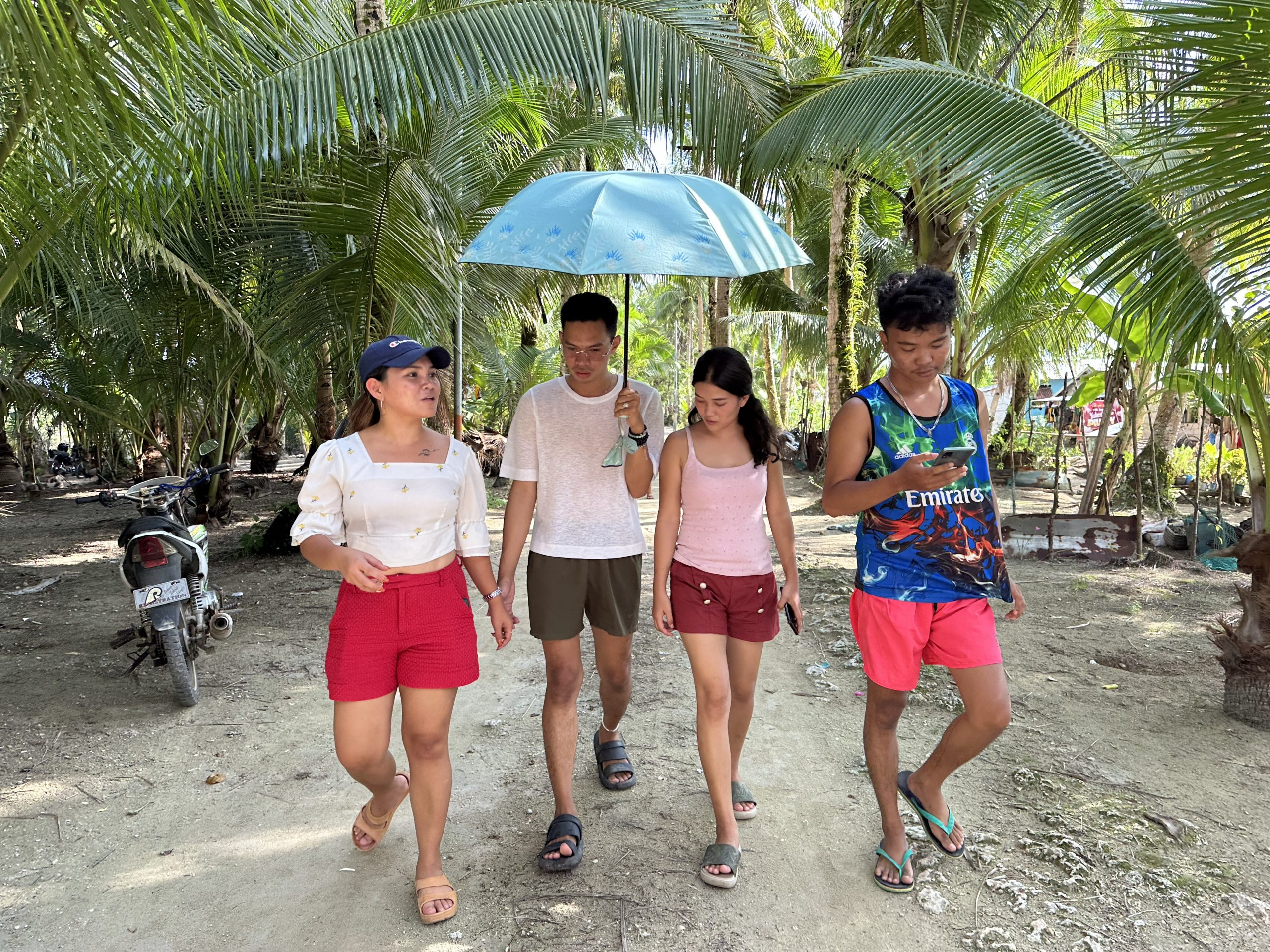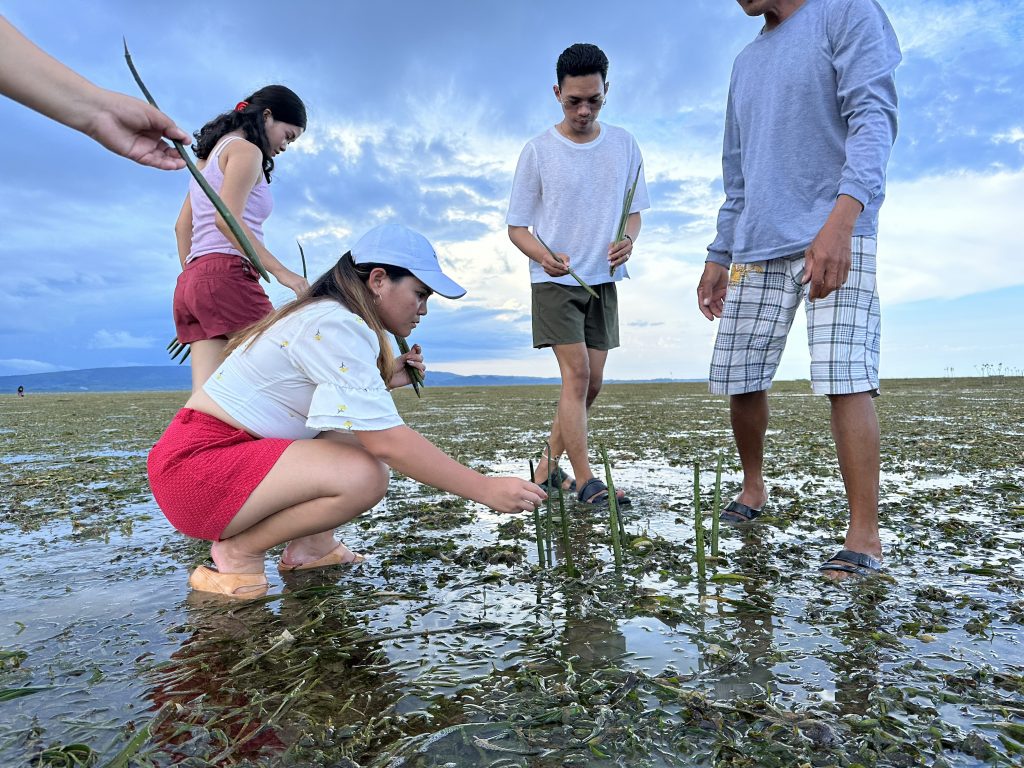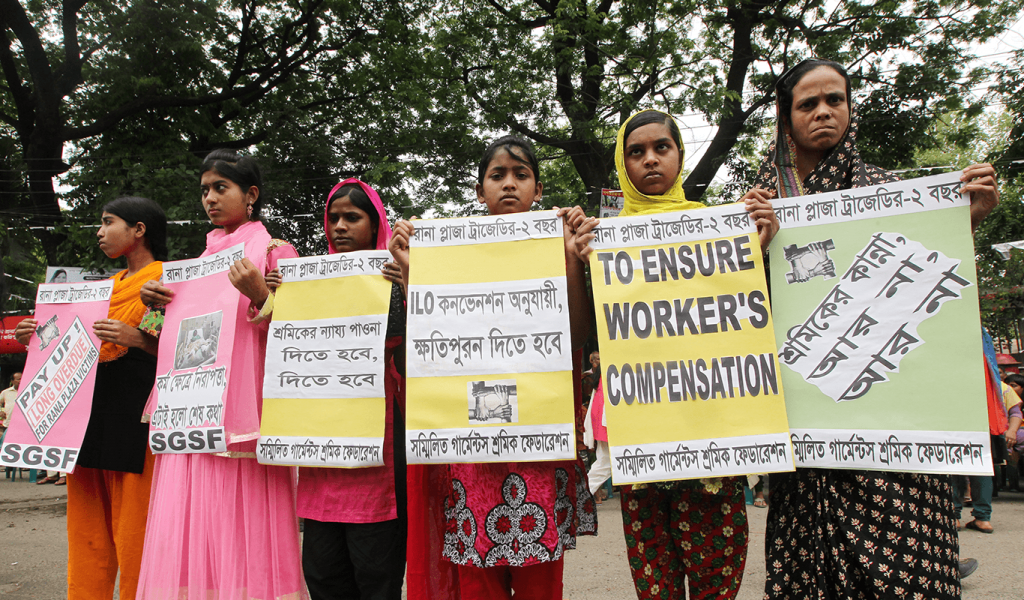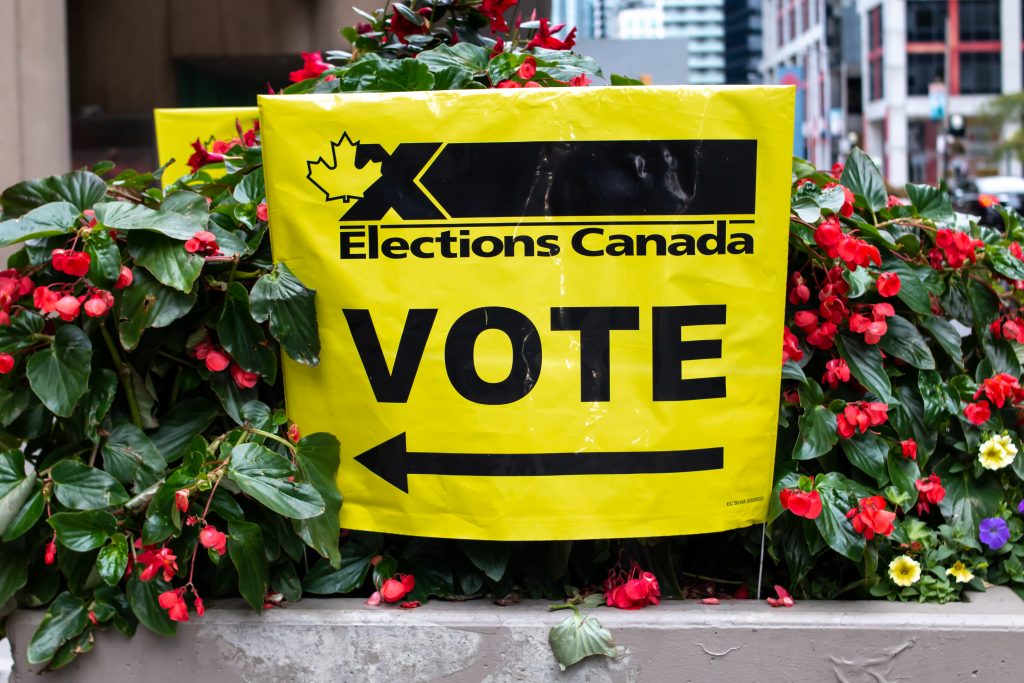From Survival to Action: Marinel Ubaldo’s Fight Against Climate Injustice
“When I saw the devastation in our community, the dead bodies floating, and my future crashing, that’s when I realized I don't want to be a victim throughout my life,” says Marinel Ubaldo, reflecting on the devastating aftermath of Super Typhoon Haiyan. At just 16, Marinel witnessed her community in Eastern Samar, Philippines, torn apart by one of the strongest storms in recorded history. This tragedy became a turning point, igniting her fight for vulnerable populations unfairly burdened by climate change.
Marinel has seen firsthand the harsh reality of climate injustice. “We are at the front line of every other disaster,” she said. “The Philippines is not emitting that much. It's not contributing to global carbon emissions. Yet, it is suffering most of the impacts of the climate crisis.”
When she realized that Typhoon Haiyan was not just a natural disaster but a consequence of manmade climate change, Marinel decided she had enough.
Marinel’s Fight Against Polluters
At first, Marinel organized local demonstrations with her school friends in Tacloban demanding support for disaster victims and became part of the local Oxfam partner-led community program for disaster prevention and protection. By 2015, she was rallying outside Shell’s headquarters in Manila, calling out big polluters and demanding accountability. They mobilized the community and stood firm against the big polluters.
“There has been a lot of intimidation and red tagging,” Marinel explained. “So that's when I started lobbying with the government. We submitted a landmark petition in 2015 to the Commission on Human Rights to investigate the seven carbon majors for their human rights contributions linked to climate impact.”
In 2022, after seven years of legal battles, the Commission made a historic decision, holding 47 big fossil fuel and cement companies responsible for causing climate change and harming human rights. The decision revealed a harsh truth: the Philippines contributes less than 0.5% to global emissions but suffers some of the worst impacts.
Marinel’s advocacy soon expanded. She organized the country’s first climate strike and pushed for systemic changes, including a ban on single-use plastics, reductions in carbon emissions, and investments in renewable energy. Her goal was clear: to fight for a future where her community would no longer bear the brunt of a crisis they did not create.
The Heavy Price of Climate Injustice
Marinel knows how climate change punishes those who contribute the least, like her community in the Philippines. For her, these statistics are her reality: Climate-related disasters have tripled in the past 30 years, displacing an average of 20 million people annually. The richest 10% of the world’s population is responsible for half of all emissions, while the poorest 3.5 billion contribute just 10%.
In communities like hers, women are often the backbone of survival, shouldering the burden of household and community care. Droughts and erratic rainfall force women to work harder to secure food, water, and energy. Girls drop out of school to help.
“Small measures, lasting effects” has become Marinel’s mantra as she works toward change. One of those small measures is her family’s involvement in an Oxfam-partnered program planting mangroves. These trees protect her community from typhoons.

While such efforts bring local relief, the global scale of the crisis demands systemic change. Yet global action falls short. The November 2024 climate summit COP29 was widely criticized for ignoring the gendered impacts of climate change, with feminists condemning its failure to address how women and gender-diverse individuals living in poverty are disproportionately affected. Limited mobility and heightened vulnerabilities during natural disasters have pushed progress on gender parity back by a generation.
For Marinel, the fight doesn’t end with her local efforts. Now studying Environmental Management at Duke University, she is equipping herself with the knowledge to bring her activism to the global stage. “We will never be able to solve this crisis on our own,” she said. “But together, we can demand justice.”
READ: CONFRONTING CLIMATE INEQUALITY - HOW IT HURTS RACIALIZED COMMUNITIES
Turning the Tide on Climate Inequality
Marinel’s story highlights the urgent need for systemic change and global action to transition to a just, green economy. Determined to continue her fight, she said, “I believe we need to make our leaders and the big polluters accountable for fueling climate change, for making vulnerable communities suffer.”
Oxfam, working with local organizations, is advocating for climate financing that would support low-income countries who contributed little to the climate crisis to adapt and demanding accountability from the world’s biggest polluters. Billionaires emit a million times more carbon than the average person, while fossil fuel companies—responsible for 70% of global emissions—profit from decades of lobbying and deception. These corporations owe $209 billion annually to compensate the communities most affected but continue to avoid paying their fair share.
The "Make Rich Polluters Pay" campaign seeks to secure funding to fight the climate crisis and support those who suffer the most. Join Marinel and countless others in this movement—sign Oxfam’s petition and urge Canada’s leaders to hold polluters accountable.


